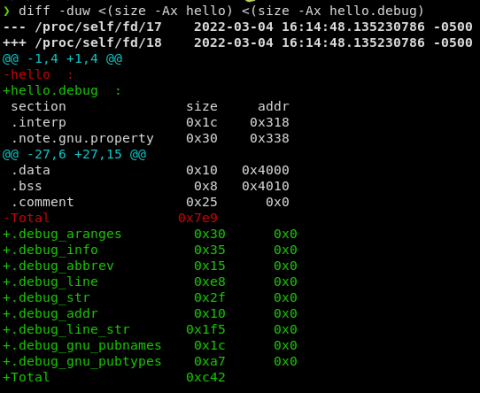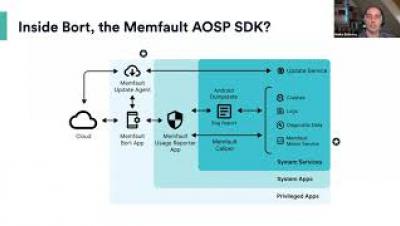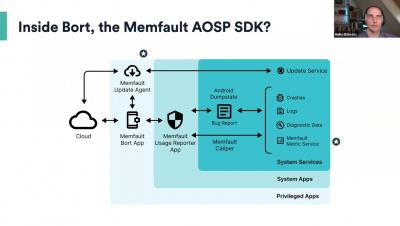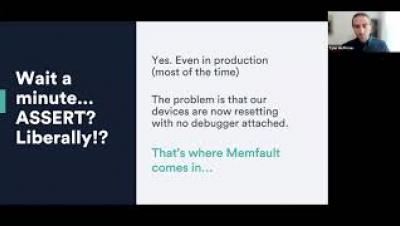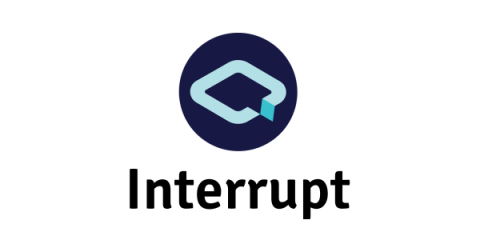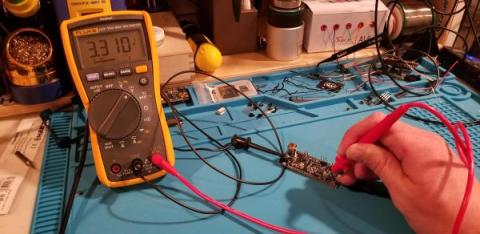Dealing with Large Symbol Files
Large applications can produce very large symbol files when debug information is enabled (especially at the higher, more verbose levels of debug info!). This article describes some techniques for reducing debug symbol file sizes! Like Interrupt? Subscribe to get our latest posts straight to your mailbox.


